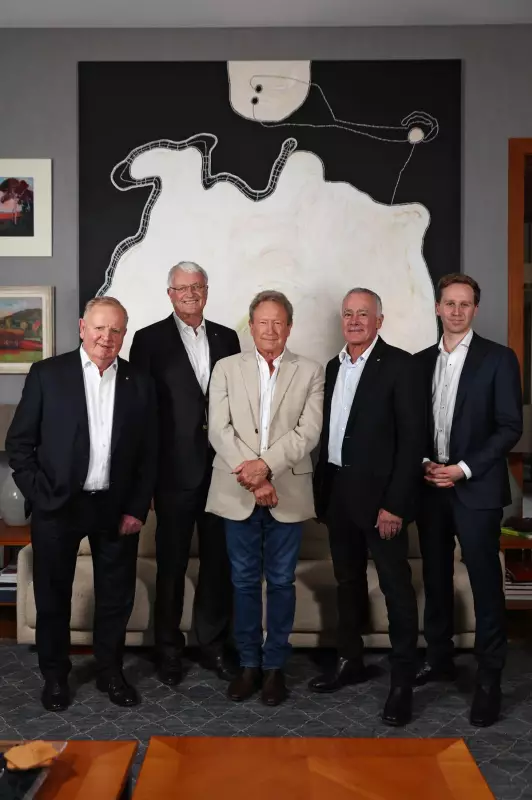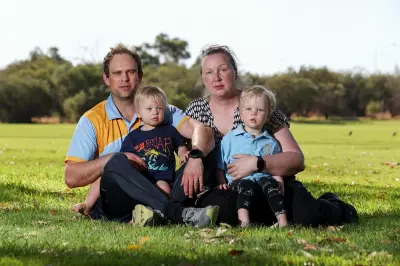
Western Australia's most influential business figures are preparing for a crucial meeting with Prime Minister Anthony Albanese, where they will intensify their campaign for a more equitable share of the nation's GST revenue.
The High-Stakes Meeting
Top executives from the Chamber of Commerce and Industry WA (CCIWA) will confront the Prime Minister during his upcoming visit to Perth, scheduled for early next week. The delegation, representing Western Australia's powerhouse business community, aims to secure long-term commitments that would see WA retain a greater portion of the Goods and Services Tax revenue it generates.
The timing of this meeting is particularly significant, coming as the federal government prepares to review the current GST distribution formula that has long been a source of contention between Western Australia and other states. The current arrangement is set to expire in 2030, creating a narrow window for WA to make its case for permanent reform.
Western Australia's Economic Argument
CCIWA Chief Executive Aaron Morey will lead the business delegation, bringing data and economic analysis to support Western Australia's claim for a fairer deal. "We're not asking for special treatment," Morey emphasized in pre-meeting comments. "We're asking for a system that recognizes Western Australia's enormous contribution to the national economy and ensures our state isn't penalized for its economic success."
The numbers tell a compelling story. Western Australia contributes significantly more to national GST revenue than it receives back in funding, with estimates suggesting the state loses billions annually under the current distribution model. This fiscal imbalance has become increasingly difficult to justify given WA's role as the nation's economic engine room, particularly through its mining and resources sectors.
Business leaders argue that this redistribution hampers Western Australia's ability to invest in critical infrastructure, healthcare, and education services that would benefit both state residents and the national economy. The state's rapid population growth and expanding economic output have only intensified these concerns.
Broader Implications and Political Context
Beyond the immediate GST discussion, the meeting agenda includes several pressing issues affecting Western Australian businesses. Workplace relations reforms, energy policy, and infrastructure funding will all feature prominently in what promises to be a comprehensive dialogue between the Prime Minister and the business community.
The Albanese government faces a delicate balancing act, needing to address Western Australia's legitimate concerns while maintaining equitable treatment across all states and territories. With Western Australia being crucial to federal election outcomes and housing numerous key marginal seats, the political stakes are exceptionally high.
This meeting follows years of advocacy by successive Western Australian governments and business groups, who have consistently argued that the state's economic success shouldn't result in financial punishment. The current GST floor, implemented as a temporary fix, has provided some relief but business leaders insist a permanent solution is urgently needed.
The outcome of these discussions could have far-reaching consequences for Western Australia's economic future and its relationship with the federal government. As the meeting approaches, business leaders remain cautiously optimistic that their message will resonate in Canberra, potentially paving the way for a fairer distribution system that recognizes Western Australia's unique economic circumstances and contributions.





